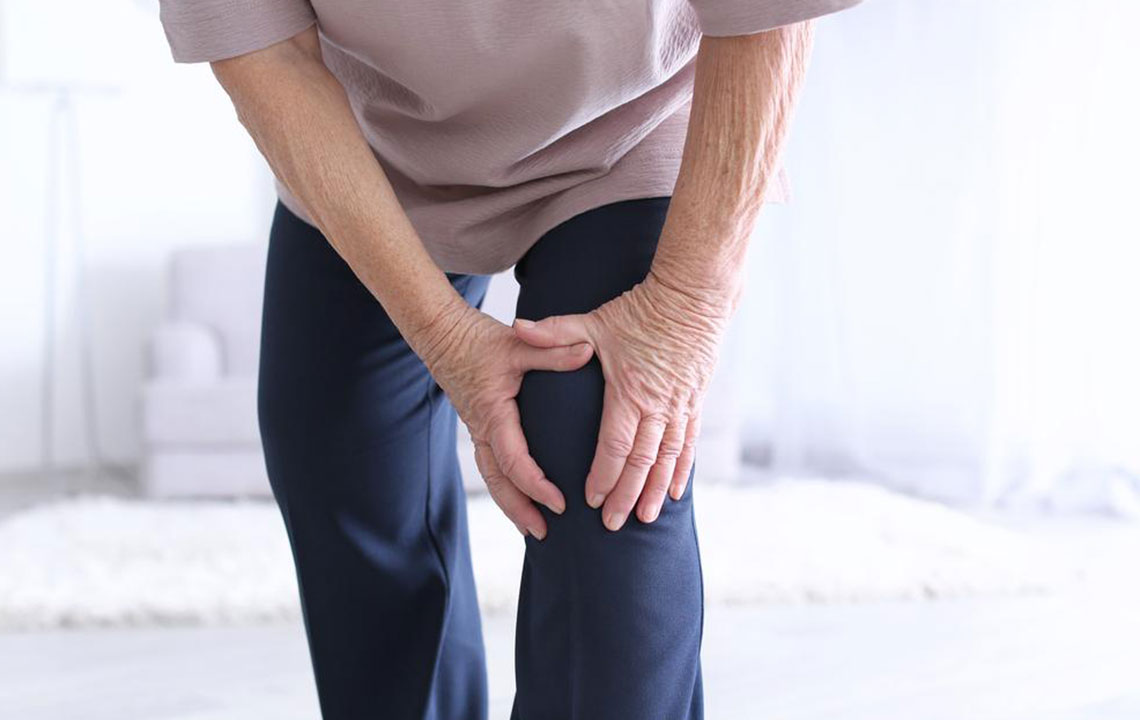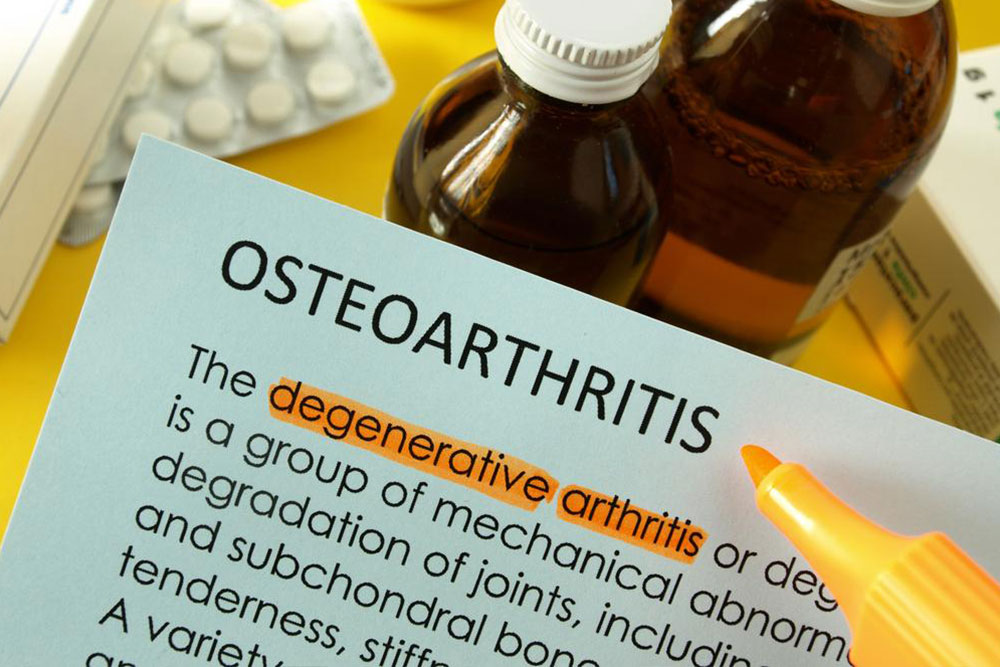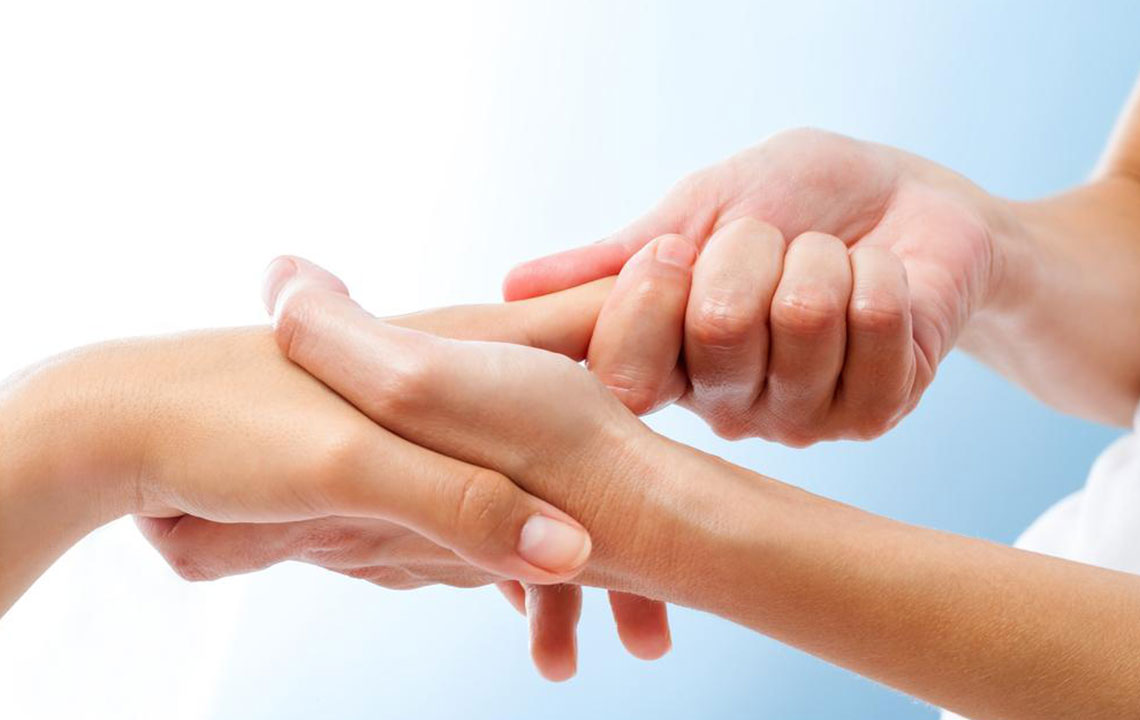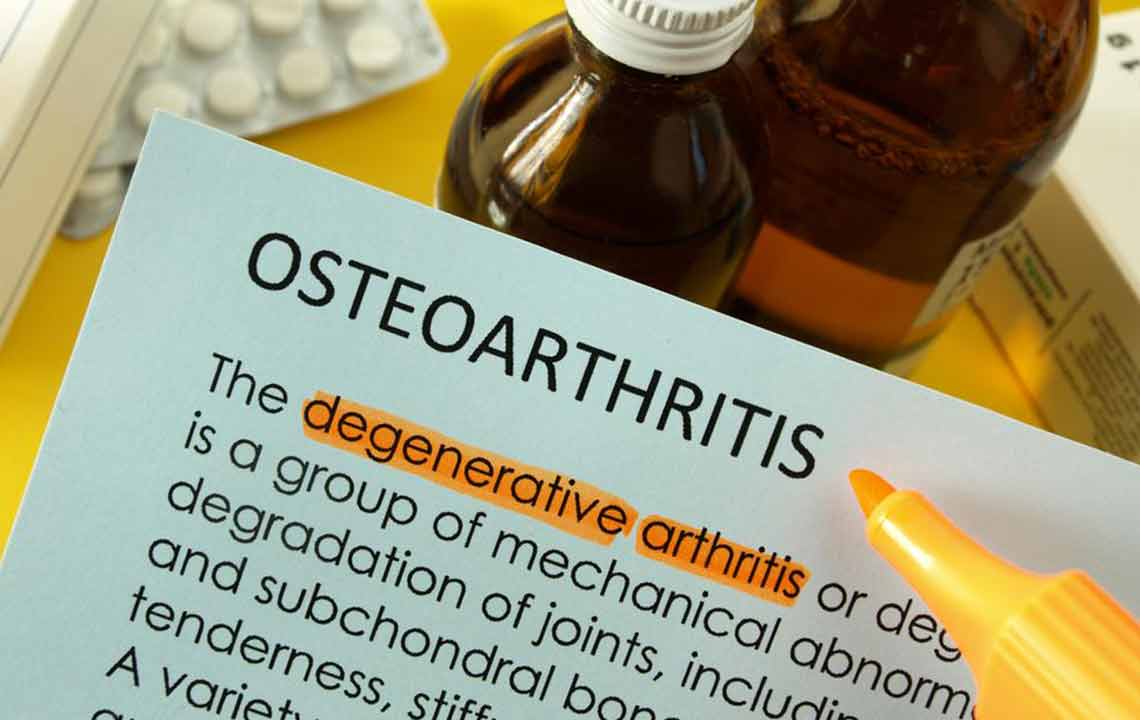Essential Facts About Knee Osteoarthritis
Knee osteoarthritis is a common degenerative joint condition primarily affecting adults over 45. It results from cartilage loss, leading to pain, stiffness, and limited mobility. Risk factors include aging, obesity, injuries, and genetic factors. Treatment options range from weight management and exercise to medications and surgery. Preventive measures such as maintaining a healthy weight and early diagnosis can significantly improve quality of life. Consult healthcare professionals for personalized care and effective management strategies to keep your knees healthy and functional.

Essential Facts About Knee Osteoarthritis
Knee Osteoarthritis Overview
The knee is a vital joint responsible for supporting body weight and enabling movement. Maintaining its health is crucial for everyday activities. Unfortunately, the knee is highly susceptible to osteoarthritis, a condition that impacts many individuals.
Research indicates multiple factors contributing to knee osteoarthritis, with obesity being a primary cause. Genetic predisposition, previous injuries, and infections can also increase risk.
A common form of arthritis, osteoarthritis, involves the gradual deterioration of cartilage cushioning the joints. Reduced cartilage leads to bones rubbing directly against each other, causing pain, stiffness, and swelling. Over time, this can result in bone spurs and limited mobility.
Most often affecting individuals over 45, knee osteoarthritis is prevalent among women. The Disease Prevention Center estimates that around 75% of arthritis cases involve knee pain.
Causes of Knee Osteoarthritis
Ageing naturally accelerates joint wear and tear, diminishing the body's ability to repair cartilage. Additional factors include being overweight, genetics, prior knee injuries, and certain health conditions.
Signs and Symptoms
Intense pain during physical activity, easing with rest
Swelling and warmth in the knee
Morning stiffness or after long periods of inactivity
Creaking sounds during movement
Difficulty walking or climbing stairs due to pain and stiffness
Management and Treatment Options
Weight control: Reducing body weight lessens pressure on the knees.
Exercise: Regular physical activity keeps muscles strong and joints lubricated.
Medication: Over-the-counter pain relievers like ibuprofen or acetaminophen can reduce discomfort. Usage should be monitored and limited to avoid complications.
Injections: Steroid injections may provide quick relief from inflammation.
Support Devices: Braces designed to unload pressure or stabilize the joint can be beneficial.
Surgical Options: Considered a last resort, surgical procedures can restore function but may carry risks for certain health conditions.
Preventive measures, including a balanced diet rich in calcium and early intervention, can help maintain knee health. Consulting healthcare professionals for personalized advice is recommended.










